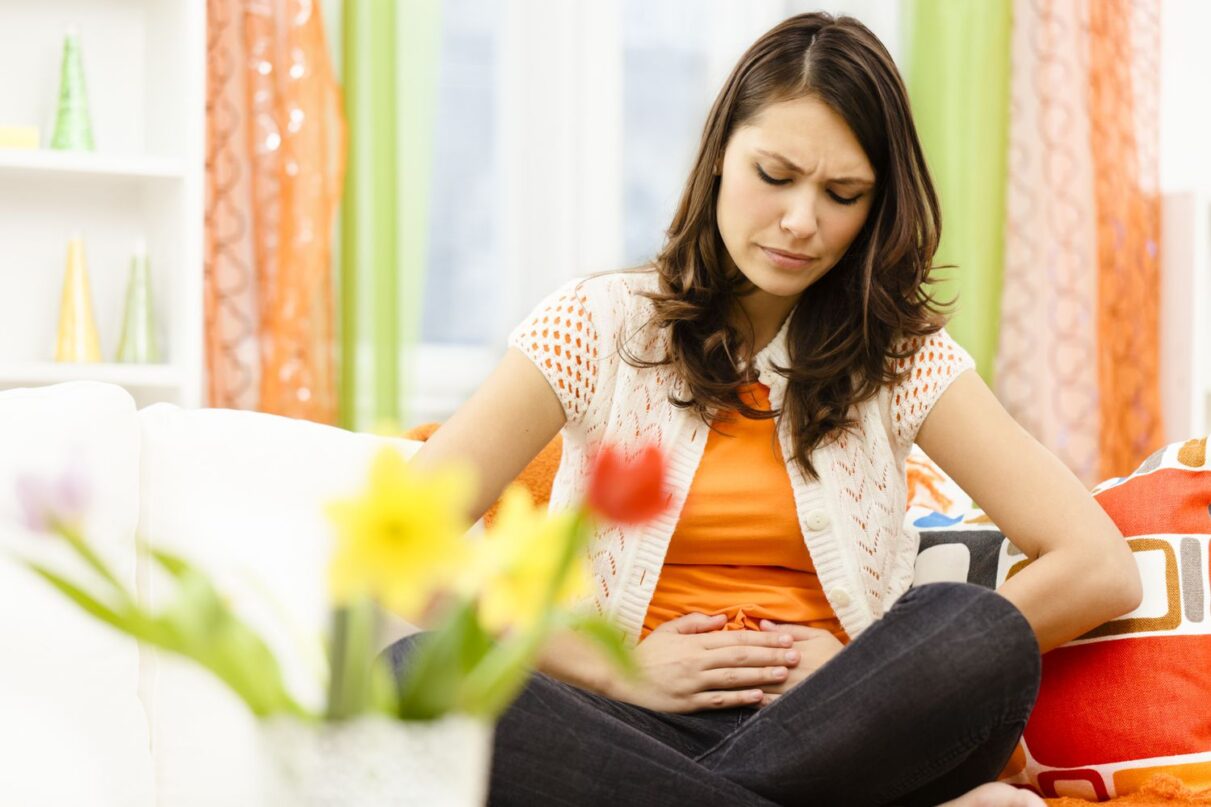Are you one of the many women who have been diagnosed with PCOS or PCOD? If so, you may have heard a lot of conflicting information about these conditions. From myths and misconceptions to outdated beliefs and misinformation, there is a lot of confusion surrounding these common hormonal disorders. But fear not! In this blog post, we’re going to clear up some of the most common misconceptions about PCOS and PCOD once and for all. Whether you’re newly diagnosed or simply seeking more accurate information, read on to learn everything you need to know about these often-misunderstood conditions.
What is PCOS?
PCOS is a hormonal disorder that affects women of reproductive age. The name stands for polycystic ovary syndrome. PCOS is the most common cause of female infertility.
PCOS can cause a wide range of symptoms, including irregular periods, excess body and facial hair, acne, and weight gain. Many women with PCOS also have insulin resistance, which can lead to type 2 diabetes.
There is no one “cause” of PCOS, but it seems to be related to a combination of genetic and environmental factors. Treatment focuses on managing the symptoms and restoring fertility.
What is PCOD?
PCOD, or polycystic ovarian disease, is a condition that affects a woman’s ovaries. The ovaries are responsible for producing eggs, and in women with PCOD, they don’t function properly. This can lead to an imbalance of hormones, which can cause a variety of symptoms like irregular periods, weight gain, acne, and excess hair growth. PCOD is a common condition that affects millions of women around the world, but there are still a lot of misconceptions about it. Here are some of the most common myths about PCOD:
The Difference Between PCOS and PCOD
PCOS and PCOD are two very different conditions, though they often get lumped together. PCOD, or polycystic ovarian syndrome, is a hormonal disorder that can cause problems with ovulation and periods. PCOS, on the other hand, is a condition in which the ovaries develop cysts. While both conditions can cause fertility issues, they are not the same thing.
Causes of PCOS and PCOD
There are a lot of misconceptions about PCOS and PCOD, and it can be hard to know what is true and what isn’t. In this article, we’ll clear up some of the most common misconceptions about these conditions.
PCOS and PCOD are not the same thing
PCOS (polycystic ovary syndrome) and PCOD (polycystic ovarian disease) are often thought to be the same condition, but they’re actually different. PCOS is a hormonal disorder that can cause enlarged ovaries with small cysts on the outer edges. PCOD is a condition where the ovaries develop multiple small cysts.
PCOS is more common than PCOD
PCOS affects 1 in 10 women of childbearing age, while PCOD affects 4-12% of women of childbearing age. So, while both conditions are relatively common, PCOS is more common than PCOD.
There is no single cause of either condition
Causes of PCOS and PCOD can vary from person to person. However, there are some risk factors that have been associated with both conditions, including insulin resistance, obesity, inflammation, and genetic factors. While the exact cause of either condition is unknown, it’s likely that a combination of these factors contributes to the development of both PCOS and PCOD.
Symptoms of PCOS and PCOD
There are a variety of symptoms associated with PCOS and PCOD, and they can vary from person to person. The most common PCOS vs PCOD symptoms include irregular periods, excess hair growth, acne, and weight gain. However, not all women with PCOS or PCOD will experience all of these symptoms.
Irregular periods are one of the most common symptoms of PCOS and PCOD. This can mean that your periods are more frequent than normal, or less frequent than normal. You may also have longer or shorter cycles than usual. Excess hair growth is another common symptom. This can include facial hair growth, as well as body hair growth. Acne is also a common symptom, particularly on the face and back. And finally, weight gain is a common symptom, although it should be noted that not all women with PCOS or PCOD are overweight.
If you think you may have PCOS or PCOD, it’s important to see your doctor for a diagnosis. They will be able to rule out other conditions and provide you with treatment options.
Treatments for PCOS and PCOD
PCOS and PCOD are two common hormonal disorders that can cause a variety of symptoms, including irregular periods, fertility problems, and Excess hair growth. There is no one-size-fits-all treatment for these conditions, but there are several options that can help manage the symptoms and improve your overall health.
birth control pills: Birth control pills can help regulate hormone levels and reduce the risk of ovarian cancer.
metformin: Metformin is a diabetes medication that can also help regulate hormone levels in women with PCOS. It may also help with weight loss.
spironolactone: Spironolactone is a blood pressure medication that blocks the effects of testosterone. It can help reduce hirsutism (excessive hair growth) and acne in women with PCOS.
lifestyle changes: Making healthy lifestyle choices, such as eating a balanced diet and getting regular exercise, can help improve symptoms of PCOS and PCOD.
Living with PCOS and PCOD
Polycystic ovary syndrome (PCOS) and polycystic ovarian disease (PCOD) are two common hormonal disorders that can affect women of reproductive age. Though they are often used interchangeably, PCOS and PCOD are actually two different conditions.
PCOS is a hormonal disorder that can cause enlarged ovaries with small cysts on the outer edges. The ovaries may also produce higher than normal levels of androgens, which are male hormones. PCOS can cause irregular periods, infertility, weight gain, acne, and excess hair growth on the face and body.
PCOD is a disorder of the ovaries that results in the formation of one or more cysts on the outer edges of the organ. Unlike PCOS, however, PCOD does not necessarily result in elevated androgen levels or any other symptoms. Many women with PCOD are able to conceive without any treatment.
While there is no cure for either condition, both PCOS and PCOD can be managed with lifestyle changes and medication. If you have either condition, it’s important to work with your doctor to develop a treatment plan that’s right for you.

